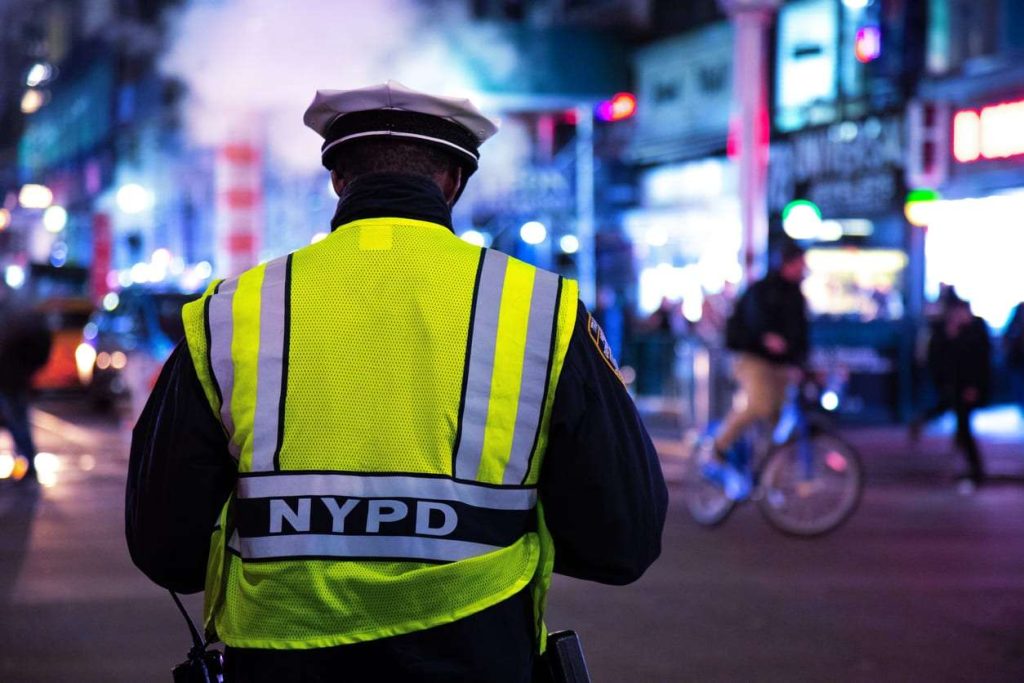Law enforcement is a noble profession that transcends geographical barriers. But, is there a possibility for an individual to join law enforcement in a different country? Let’s delve into this compelling topic and explore the intricacies involved in becoming a police officer internationally.
1. General Requirements to Join Law Enforcement
Before we dive into the specifics, it’s essential to understand the fundamental criteria for joining law enforcement. Most law enforcement agencies worldwide require fitness tests, background checks, and psychological examinations. However, it’s not the same everywhere. Some countries have additional unique conditions extending from financial stability to chest size.
2. Becoming a Police Officer in the United States
In the United States, one can become a police officer even if they were not born in the country. However, they need to be a US citizen and, for most states, live there and possess a valid driver’s license from that state. That said, departments might be skeptical of someone who just moved into the United States due to cultural unfamiliarity and the complexity of background investigations.
The hiring process involves a psychological evaluation to ensure the candidate’s suitability for the job. Departments also probe into previous experience, dealing with coworkers and bosses, and require references from former supervisors.
To increase competitiveness, one can self-sponsor into a police academy in many states, although this could be expensive. Alternatively, a bachelor’s or associate’s degree or military experience can enhance one’s candidacy. Lastly, physical fitness requirements vary from state to state, so it’s crucial to research these before applying.

3. Becoming a Police Officer in Britain
If you aim to join law enforcement in the UK, the requirements are a bit more stringent. Police candidates must have resided in the country for the last three years and not have traveled abroad for more than nine consecutive months during this period. Financial stability is also a must, and those with arrears, bankruptcy, or court judgments are not eligible.
4. Becoming a Police Officer in Canada
In Canada, the Royal Canadian Mountain Police (RCMP) requires candidates to undergo 26 weeks of training at the RCMP Academy in Saskatchewan. Post-graduation, they must be willing to be relocated anywhere in Canada. Also, visible facial piercings are not allowed for safety reasons, and only certain types of earrings are permitted for female officers.
5. Becoming a Police Officer in India
India has stringent physical requirements for its law enforcement officers. Men and women must meet specific height and chest measurement criteria, and officers must also have 20/20 vision.
6. Becoming a Police Officer in Ireland
Ireland’s Garda Siochana Force requires all police applicants to be proficient in two languages, one of which must be English. This requirement is surprising for a country with only one official language.
7. Law Enforcement Requirements Around the World
Each country, and sometimes even different regions within the same country, have unique requirements for joining their law enforcement agencies. For example, the Philippines doesn’t allow people over the age of 30 to enter the police academy.
8. Requirements for Foreign Nationals in the US
In the US, whether a non-citizen can become a police officer depends on the state and local level. Some states require a Green Card at a minimum. So, you could compile a list of states that don’t require citizenship and then find which counties or cities in those states also allow it.
9. Naturalization via Military Service
Serving in the US military could speed up the naturalization process. Non-citizens can be eligible for expedited naturalization with just a year of honorable service. They can even apply for their Green Card while serving.
10. Experiences of Foreign Officers
There have been instances of foreign nationals becoming police officers in the US. For instance, a French man was documented a few years ago who became a police officer in the US. Similarly, a man from Belgium expressed his interest in serving under the US flag as a police officer. Such stories show that the idea of becoming a law enforcement officer in a different country is not far-fetched.
In conclusion, the possibility of joining law enforcement in another country largely depends on the specific requirements of the country and sometimes the specific state or city within that country. However, it’s essential to remember that the grass isn’t always greener on the other side. Whether you choose to pursue this path or not, it’s crucial to understand the laws, cultural norms, and challenges that come with living and working in a foreign nation. Would you join law enforcement in another country? It’s a significant decision, one that requires deep thought, research, and consideration.
